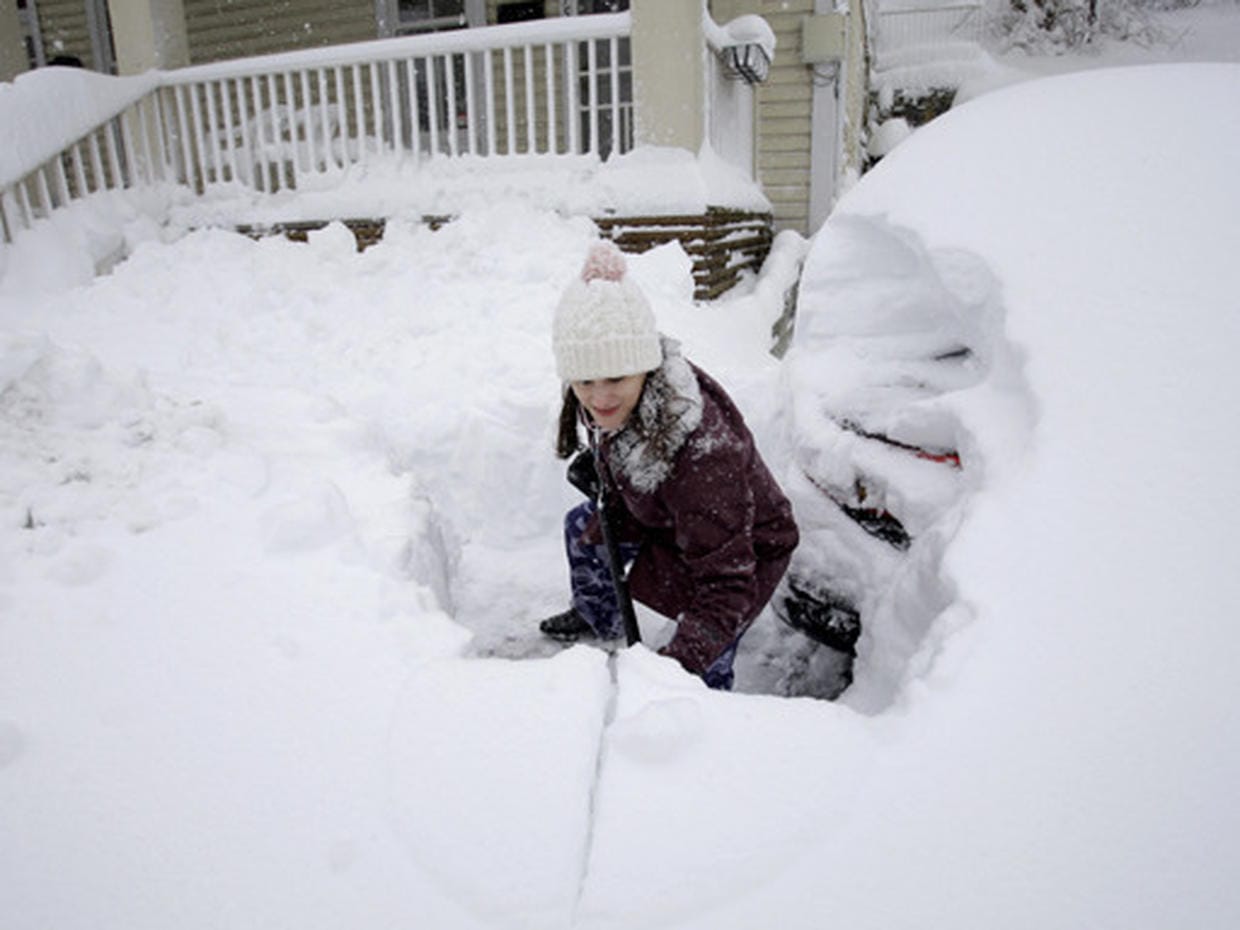The landscape of education is undergoing a period of intense scrutiny as recent academic performance data reveal a worrying pattern. Following the significant disruptions caused by the COVID-19 pandemic, which forced schools to transition to remote learning and created unprecedented challenges for both educators and students, test scores have not only failed to rebound to pre-pandemic levels but have, in many cases, continued to decline. This trend is raising serious questions about the effectiveness of the recovery measures implemented so far and is prompting renewed calls for a comprehensive analysis of the factors contributing to the sustained learning losses. The shift to remote instruction, while necessary to ensure safety during the height of the pandemic, presented a variety of obstacles. Not all students had access to the necessary technology, including reliable internet connections and personal computing devices. This disparity created an uneven playing field, where those with more resources could adapt to the new learning environment more effectively than others. Furthermore, the lack of face-to-face interaction with teachers and classmates has been cited as a possible factor impacting motivation and engagement with educational material. Many students struggled with the isolation and the unique demands of online learning, leading to a decline in their academic performance. The effects of the pandemic extend beyond the logistical challenges of remote learning. The overall uncertainty and anxiety associated with the pandemic have taken a toll on both student and teacher mental health. High stress levels and a feeling of disconnection can directly impact cognitive functions and the ability to focus on academic tasks. Teachers, who have had to navigate unprecedented changes in their professional lives, have also faced significant mental health challenges, which may have had an impact on the teaching and learning environment. The academic struggles are not limited to one subject area or grade level. Data indicates that the decline is widespread, affecting students across different disciplines such as math, reading, and writing. The persistent nature of the decline suggests that the learning losses may be more profound than initially anticipated and may require more extensive interventions than those currently being employed. The assessment tools themselves have also come under scrutiny, with some arguing that standardized tests may not fully capture the complexities of learning experiences during and after the pandemic. Critics have voiced that focusing solely on test scores as a measure of academic performance can overlook other important aspects of student development such as social-emotional growth and critical thinking skills. In response to these concerning trends, education leaders and policymakers are exploring various strategies to address the issue. These may include additional academic support and tutoring programs, professional development for teachers focusing on effective strategies to address learning gaps, and increased attention to the social and emotional needs of students. There is also a growing recognition that a collaborative effort involving parents, educators, and policymakers is crucial to address the diverse needs of students and promote more equitable outcomes. It is increasingly clear that restoring student academic performance to pre-pandemic levels will be a complex and ongoing process. There is no single solution that will work for all students, and the approach must be tailored to meet the unique challenges faced by specific regions and student populations. It is imperative that the education sector continues to monitor performance data, adapt its practices, and remain committed to supporting every student’s academic progress in the aftermath of this unprecedented period of disruption. A thorough understanding of the factors involved and a commitment to addressing them is vital to ensuring that students are not disadvantaged by the events of the past few years.
Academic Performance Trends Following Pandemic Disruptions


